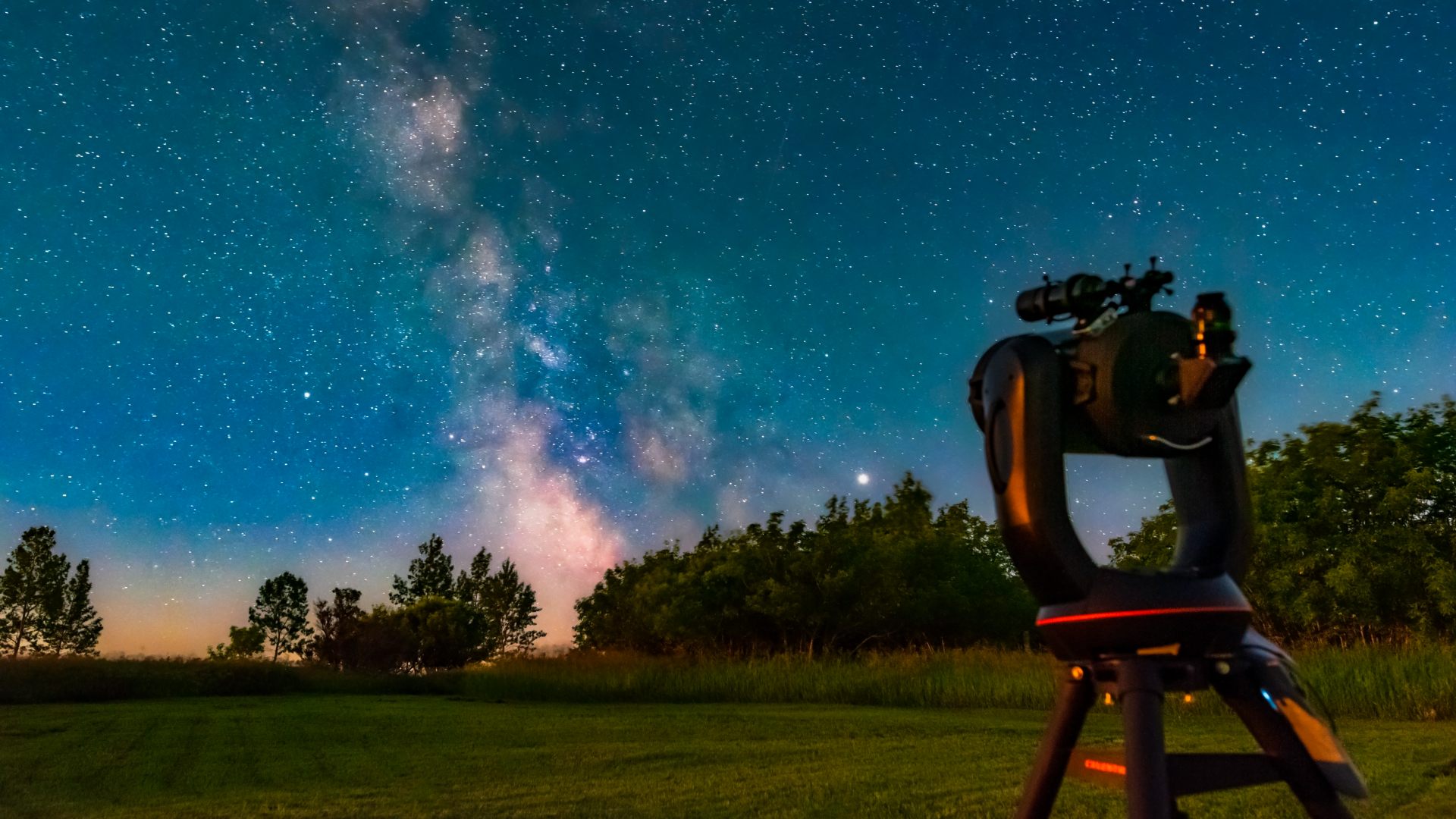Russian Proton Rocket Launches Navigation Satellite Trio
The latest additions to Russia's indigenous satellite navigation system successfully arrived in orbit Monday aftera nearly four-hour ride aboard a Proton rocket.
Three 3,000-poundsatellites were packaged atop the Proton launcher. The Christmas delivery wasright on target, and the rocket reached the correct orbit about 12,000 mileshigh with an inclination of around 64.8 degrees.
Liftoff of the Proton Krocket was at 2018 GMT (3:18 p.m. EST) from Complex 81 at the BaikonurCosmodrome in Kazakhstan.
The booster included aBlock DM upper stage that conducted two burns to deliver the satellite triointo the proper orbit.
The three spacecraft areupgraded members of Russia's Global Navigation Satellite System, the nation'scounterpart to the U.S. Global Positioning System.
The Glonass M satellitesare designed to operate for up to seven years, an improvement over earlierGlonass craft that could only last three years in space.
Upgraded Glonass spacecraftalso feature a second civilian navigation channel and increased accuracy forboth military and private users. After the satellites are pressed into service,they will provide horizontal and vertical positioning data within about 200feet to worldwide users, according to the Russian Space Agency.
Breaking space news, the latest updates on rocket launches, skywatching events and more!
Glonass satellites alsoallow users to determine velocity and their exact time, according to theItar-Tass news agency.
The Glonass fleet currentlyconsists of 11 operational spacecraft, with five more at least temporarilyswitched off, according to an online status report. Those tallies do notinclude the satellites launched Monday.
When fully deployed, theconstellation is designed to operate in three orbital planes, each with eightsatellites. The system now fills two planes, but a third remains empty,according to a Russian Space Agency Web site.
Russian officials areplanning more Glonass launches in 2007 and 2008 to fill the gaps in the fleet,and there could be 18 active spacecraft in orbit within about one year. Thesystem is scheduled to reach its full complement of 24 satellites by 2009,according to Itar-Tass news reports.
Monday's flight marked the62nd space launch to reach Earth orbit this year. At least one more launch isscheduled for Wednesday, when a Russian Soyuz rocket will carry a Europeanscience satellite into space.
Copyright 2006 SpaceflightNow.com, all rightsreserved.
Stephen Clark is the Editor of Spaceflight Now, a web-based publication dedicated to covering rocket launches, human spaceflight and exploration. He joined the Spaceflight Now team in 2009 and previously wrote as a senior reporter with the Daily Texan. You can follow Stephen's latest project at SpaceflightNow.com and on Twitter.
